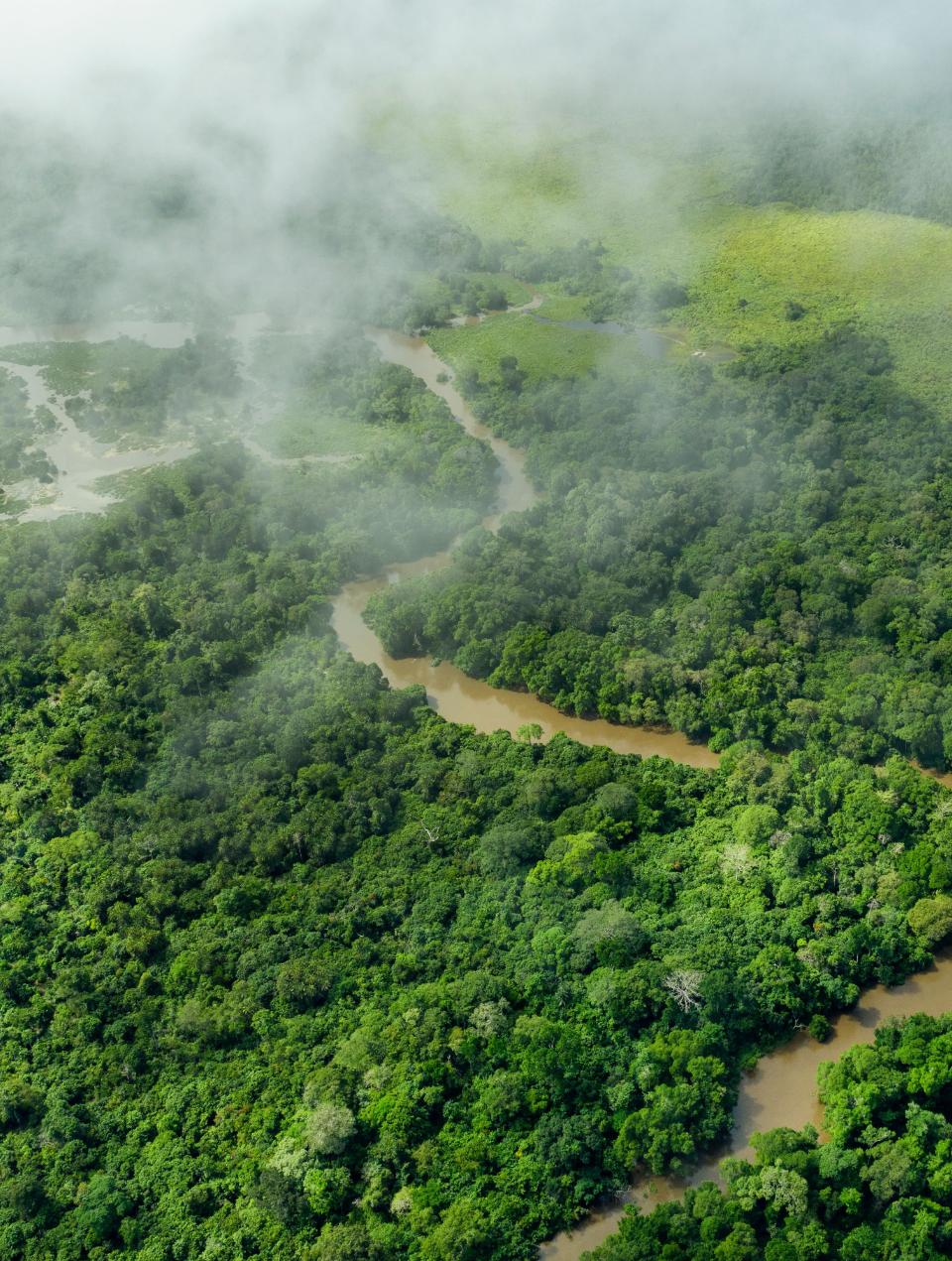-
Date:
12 Nov 2024
-
Location:
Room 2.2.24, Ciências ULisboa (in-person only)
-
Duration:
1h
-
Schedule:
14h30-15h30
-
Lecturer or Responsible:
Jonathan Muledi

The DRC is rich in natural resources, particularly both in biodiversity and minerals. Minerals include copper, cobalt, gold, oil, etc. These mineral resources are non-renewable. Biodiversity is renewable and it is made up of dense forests, open forests, fishery resources and so on. The DRC straddles two major African basins: the Congo Basin and the Zambezi Basin.
The diversity of its natural resources and its geographical position offer enormous potential for the development of both the DRC and the sub-region. However, the natural landscape is under enormous anthropogenic pressure, leading to the loss of biodiversity in an almost irreplaceable way.
Fortunately, over the last ten years or so, the various stakeholders have become aware of the problem. The scientific, government departments, the private sector, local communities and civil society are coming together, albeit timidly, to exchange views on the sustainable management and preservation of ecosystems. Discussions are still in their rudimentary stages, but it should be noted that this progress is significant compared with past decades.
In this context, a major question remains: what role should the university play in the process of pooling efforts to promote the conservation and sustainable management of renewable natural resources?

Jonathan MULEDI (PhD) is a Professor at the University of Lubumbashi. He teaches forestry and dendrometry in the Natural Resources Management department. With a Background in Ecology and Management of Tropical Forests with a focus on the Open Forests of the Zambezi basin, including the Miombo.
He’s a member of several scientific networks both in my country and worldwide. These include: Seosaw; Miombo Network; ForestPlots.net; etc. At national level, he’s an active collaborator of the Congo Basin scientific panel launched on December 2023 in Dubai and a consultant to several mining companies operating in the southern part of DR Congo, mainly Haut-Katanga and Lualaba provinces.

